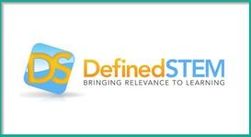
Overall, the online training guides teachers on how to effectively create, teach, and assess performance tasks in the classroom.
These PD modules are meant to help teachers of all levels of expertise become familiar with how to implement PBL and performance tasks in their classrooms. Throughout the modules, teachers are provided with feedback from folks trained in the Understanding by Design methodology, and get the chance to develop their own lessons and performance tasks along the way.
The initial cost for the PD training is $895 (which includes enrollment for one teacher) and then $200 for each additional teacher. This online training can also be supplemented by on-site training if schools or districts are interested in members of the Defined STEM team providing face-to-face training.
Overall, the online training asks teachers to work through 4 modules, beginning with module 1 on “what is a performance task and why should we use them?”:
Each module includes a series of videos of slides and narrations that teachers can watch to learn about the content of the lesson. There are also multiple “check for understanding” breaks within the modules that offer several multiple choice questions. The modules also contain interactive components to explore different characteristics and ideas.
At the conclusion of each module, teachers are asked to complete a reflection about the module, and summarize their understanding of the basic ideas. This is also where teachers will receive actual feedback from Defined STEM staff. This feedback is meant to help facilitate actual growth, and not just to be a correct/incorrect style of grade.
The remaining modules focus on:
- Module 2 - How do we develop authentic performance tasks?
- Module 3 - How do we teach toward success on performance tasks?
- Module 4 - How will we reliably evaluate student performance on open-ended tasks
One of the downsides of so many online PD offerings is that they’re essentially recorded video lectures. The Defined STEM PD has done an excellent job making their offering more interactive, and the incorporation of feedback and reflection points makes this more like a class with an actual instructor. Plus, in the end, teachers construct their own performance tasks that can be used in their actual classrooms.
Overall, implementing problem-based learning and performance-based tasks into a K-12 classroom is an incredibly difficult task. In many ways, teachers have to make enormous pedagogical shifts, and that can be a huge challenge. Plus, the time it takes to develop solid, beneficial PBL lessons is enormous. As a result, I’m really happy to see a PD offering like this from Defined STEM that helps teachers with this process. Especially one that teachers can work through on their own time, and at their own pace, while still receiving personal, individualized feedback on their progress.
If you are a school or district that is already using Defined STEM, or is planning on making the shift to Defined STEM, I absolutely recommend checking out their new PD offering. Teachers and schools that are interested can sign up for a free trial and a demo of the course to see if it’s a good fit for your needs.
I was not compensated for writing this review.

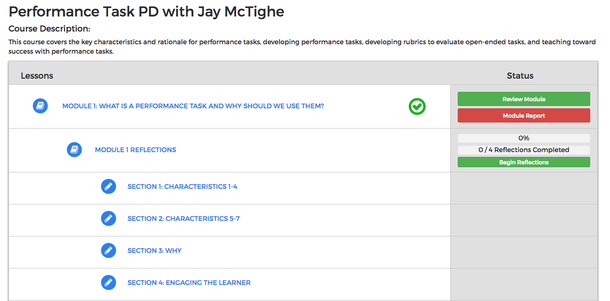
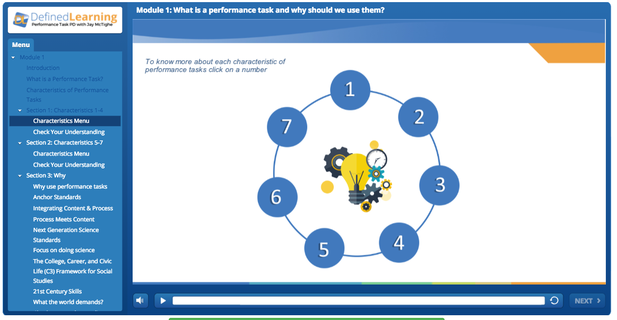



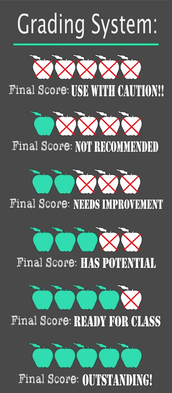






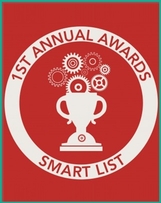
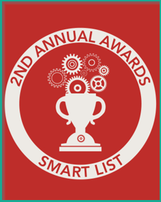


 RSS Feed
RSS Feed
